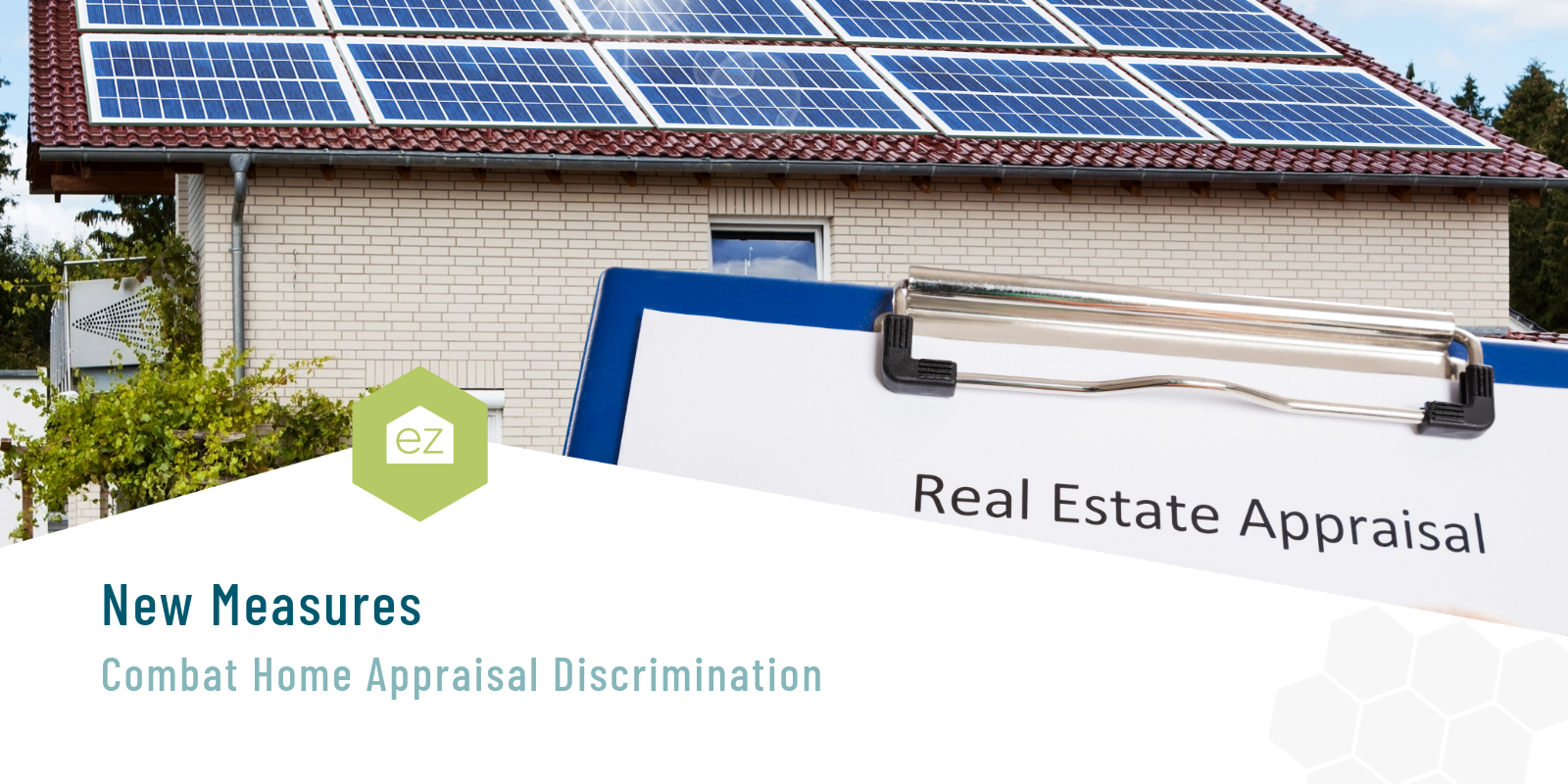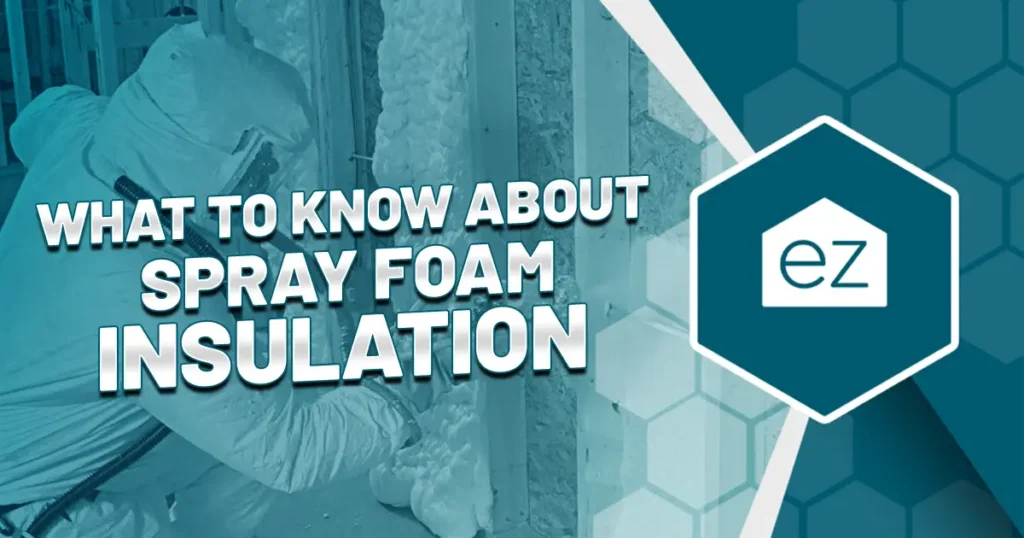New Measures Combat Home Appraisal Discrimination

New Measures Combat Home Appraisal Discrimination
A home appraisal can be a nail-biting part of the real estate transaction process. An expert, someone you don’t know, comes to look at the home and says it’s worth XYZ dollars. You might feel it’s too high, which means paying more in property taxes, or too low, which means a lower sales price.
Home appraisals usually return numbers similar to what the buyer, bank, or homeowner expects. The process moves on smoothly.
But many people feel the home appraisal process can be unfair in other ways. According to a report by NBC News, many homes in primarily African-American neighborhoods are appraised at 23% less than other homes. The situation is known as “home appraisal discrimination,” and it can add up to tangible challenges for homeowners who want a fair appraisal that reflects their home’s true value.
Recently, the Biden administration took aim at home appraisal discrimination. The administration says it will support a series of reforms to fight racism during the home appraisal process, such as new regulations requiring banks to use algorithms with no hint of racial bias.
Other reforms appear to be in the works as well, like making the race/ethnicity of homeowners receiving those appraisals public, and asking states to reduce racial barriers to joining the appraisal profession.
Why Bias in Home Appraisals Matter

On the surface, a home appraisal doesn’t seem like an opportunity for discrimination or racism. For many homeowners, the appraisal is just another step in securing a mortgage or selling a home. But it’s important to remember that appraisals deal with some of the most expensive assets people will ever own. Even a slight bias in giving estimates can drastically affect African-American and minority homeowners.
About Home Appraisals
Why do home appraisals matter? There are typically a few times during which someone might seek an appraisal:
- Before selling a home. Homeowners sometimes have a pre-listing appraisal so they can price their home appropriately or find ways to add value. A reasonable price listing is paramount for homeowners who want to sell quickly. But suppose the appraisal comes in low because it’s in a specific neighborhood. In that case, the results can often be disappointing for homeowners. That’s especially true when they expected to have more money from the sale to go into their next home.
- When refinancing a home. A home refinance can be critical to make living in a home affordable. Because a refinance technically establishes a new mortgage loan, it often requires an appraisal of the home’s current value.
- Taking out a HELOC or home equity line of credit. Someone’s borrowing power in a HELOC will depend on several factors. But the home’s value sets the baseline for the HELOC’s borrowing power. A low appraisal can then diminish the homeowner’s line of credit.
- Applying for new loans. New loans often create new opportunities. And to secure a loan, a homeowner may need to put a house up for collateral on the loan. This requires an appraisal. And if the appraisal comes in at less than its full value, it again impacts the borrowing power of the homeowner.
With just one appraisal, a home’s value can swing tens of thousands of dollars in the wrong direction. Even a slight bias in how homes are appraised due to the demographics of a specific neighborhood or even a particular homeowner spells missed opportunities and disadvantages for that owner.
Combating Home Appraisal Discrimination
According to one source, homes in white neighborhoods are appraised at three times the value of homes in communities of color. To help, the Biden administration announced in June 2021 that an Interagency Task Force on Property Appraisal and Valuation Equity (PAVE) would take action. The mission: rooting out racial bias in the appraisal process.
It’s easier said than done. For example, many financial institutions currently use appraisal algorithms to help produce their appraisals. These algorithms can be challenging to sift through. Ideally, an algorithm will be blind to the racial background of the homeowner. But studies have shown that AI can be subject to bias and produce discriminating results. If there are aspects of these algorithms that do lead to racial bias, that’s the kind of thing the Biden administration is looking to address.
What Home Buyers Can Do

Ideally, these proposed changes will lead to a more equitable system. But what if you feel you’ve received an unfair appraisal based on your appearance or background? What’s your current recourse?
- Record the nature of the appraisal, including all relevant details about your background, the property, and the appraisal paperwork you received. If you’ve received anything in writing, keep it in a separate folder for handy access when the time comes.
- Contact the Consumer Financial Protection Bureau, which can be an invaluable partner for finding information about your next steps. The Consumer Financial Protection Bureau can not only point you to the appropriate avenue to escalate the issue if need be but provide you with information that will help determine the nature of your complaint when you reach the proper authorities. You can use the CFPB’s file a complaint link to ensure your voice is heard.
- You can also go directly to the U.S. Department of Justice by dialing 1-833-591-0291, according to the CFPB. To reach the appropriate place, you can email [email protected] or even submit a report online.
Home appraisals are nerve-racking for any homeowner. But they can be far worse when an individual suspects they may be a victim of biased or discriminatory appraisal practices. Go into the process knowing your rights, avenues of recourse, and what to expect if you believe you have not received a fair appraisal.
Start Your Home Search
Preston Guyton
Share this Post
Related Articles
Buying a Home
Conforming Loan Limits: A Guide for Homebuyers
Buying a Home
What to Know About Termites In Your Home
Buying a Home
What to Know About Spray Foam Insulation
Buying a Home





